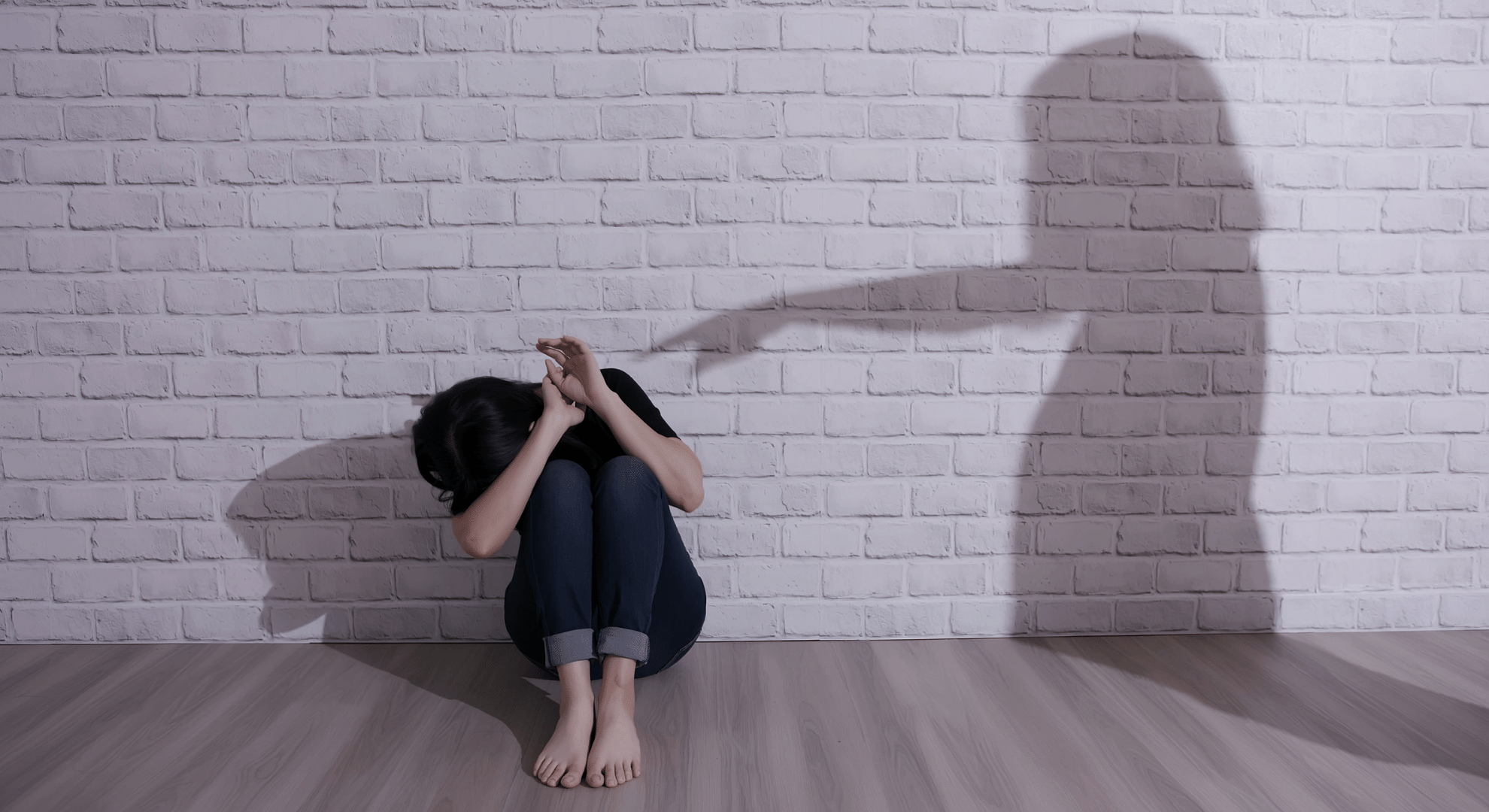

If a child or young person experiences physical, verbal, or cyber bullying, it is often an incredibly lonely experience, and it can feel very isolating. Whether someone in your home has experienced bullying or not, it’s important for us to discuss ways that we can deal with bullying behaviour. Recent studies show that around 70% of young people will experience bullying at a point during their school years. That’s why it’s vital to prepare both yourselves and the young people living with you.
The Anti Bullying Alliance is a coalition of organisations that have united against bullying, and they have created a fantastic fully interactive tool which enables parents and carers to understand more about how they can identify whether young people in their home are being bullied. It also provides tangible steps that can be taken if bullying has been recognised.
Removing feelings of isolation is a key part of helping someone who is being bullied, and one great way of doing that is by ensuring that they can communicate openly.
One way of doing this is to use a situation in a film, TV show or book as a conversation starter. Perhaps ask the young person if they have ever seen anything like that happen at school? Conversations around what bullying is may also be important at this stage, so it’s worth ensuring that you’re familiar with the definition of bullying too, which is “intentionally tormenting someone, either verbally, physically or psychologically”.
It will take a lot of courage for a young person to decide to confide in an adult about being bullied. It’s important that their concerns are taken seriously from the start.
If a child or young person lets you know that they are being bullied, let them know how brave they are for doing so. It’s important that they know that it’s the bully in this situation who is doing something wrong, and that they haven’t done anything wrong in telling you. It’s unfortunately very easy for those being bullied to feel as if it’s their fault. Your support and reassurance will help them to understand what is happening.
It’s a good idea to provide some step-by-step suggestions to the young person about how they can deal with bullies.
With the current societal emphasis on social media activity in a young person’s formative years, cyberbullying is a very real issue many young people can face. Whilst it may be tempting to ask the young person to simply turn off their phone to not see the cyberbullying, for many young people their phones are their much-needed connectivity to their friends and family.
Preparing young people for the potential of cyberbullying can be helpful as it takes away any chance that they feel like they’ve done something wrong if they are bullied online:
Remember to inform the young person’s school or education setting to let them know of any suspected bullying. They have a duty of care to the student to deal with such issues and are often best placed to help find a solution.
Let us know the best time for us to call you and we'll schedule an appointment.